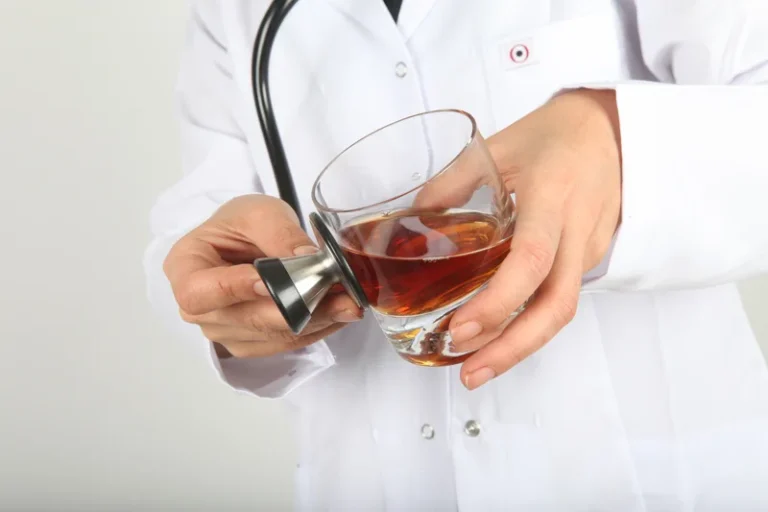
Author of Trauma and Addiction, Dayton (2009), describes, “the needs of those around them have to come second to their meeting their own, often overpowering desire for their next ‘fix,’ whether it be a drink, drug, food or sexual encounter. They can also help you find ways to boost your self-esteem and strengthen your belief in your self-worth. That’s what makes covert narcissism a little more dangerous and a little more difficult to manage. Where an overt narcissist might be very expressive with their rage in outward, obvious, aggressive ways, a covert narcissist may direct their anger inward by becoming self-deprecating or by participating in passive-aggressive behavior.
Treatment
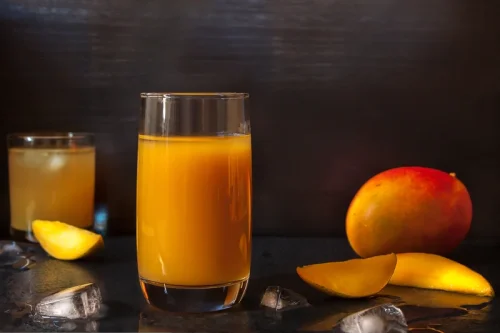
Your covert narcissistic husband claims that you have wronged him if you dare complain about him. And he’ll remind you of all he has done and how little you’ve appreciated it. The fate of the covert narcissist is to keep track of the amphetamine addiction treatment folly of others to ease the imagined “unfair judgments” leveled at him by those same people. He’ll exhibit contemptuous behavior such as smirking, stifled mocking laughter, or eye-rolling.
Overlapping treatment options
Another study from 2019 found a link between drinking and the narcissistic traits of devaluing and entitlement-rage. Threatened egotism was listed as a factor that motivated increased alcohol use. Narcissistic personality disorder (NPD) is one of the Cluster B personality disorders, which are characterized by unpredictable and emotional behavior.
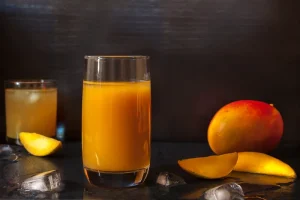
Narcissistic personality disorder
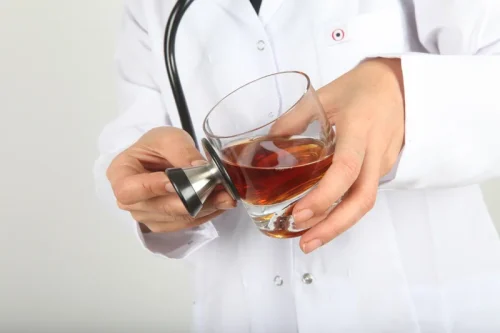
However, it is more likely that the alcoholic is trying to surround themselves with others that support these extreme drinking habits. When someone is deep in an alcohol addiction, they become very self-absorbed. To friends, family, and even coworkers, it can seem as though the alcoholic will sacrifice everything to be able to drink. Instead of expressing his upset and asking for what he wants, he expects you to know what drove him to this state.
Overlapping symptoms
- Healthcare professionals may also use the Narcissistic Personality Inventory to diagnose narcissism.
- For the longest time, I didn’t believe my ex had a drinking problem, because he didn’t fit the traditional picture of alcoholism I had seen on TV.
- In an effort to proclaim they are, in fact, the most important person in the room, a narcissist might bulldoze over healthy boundaries and exhibit a sense of entitlement.
- Risk factors for NPD include having difficult relationships with parents or caregivers during a person’s developmental years that may include excessive praise or criticism.
- “That can be really hard if it’s someone who’s really important to you, but if it becomes emotionally or physically abusive, you have to protect yourself,” she adds.
Someone who’s narcissistic might be self-absorbed and have an inflated sense of self-importance. You, nor your loved one, are under any obligation to commit to a Treatment X treatment program when calling the helpline. If you feel that any of our content is inaccurate, out-of-date, or otherwise questionable, please contact at Individuals with a NPD feel they can only be understood by special people. They take advantage of others, especially to accomplish their own goals.
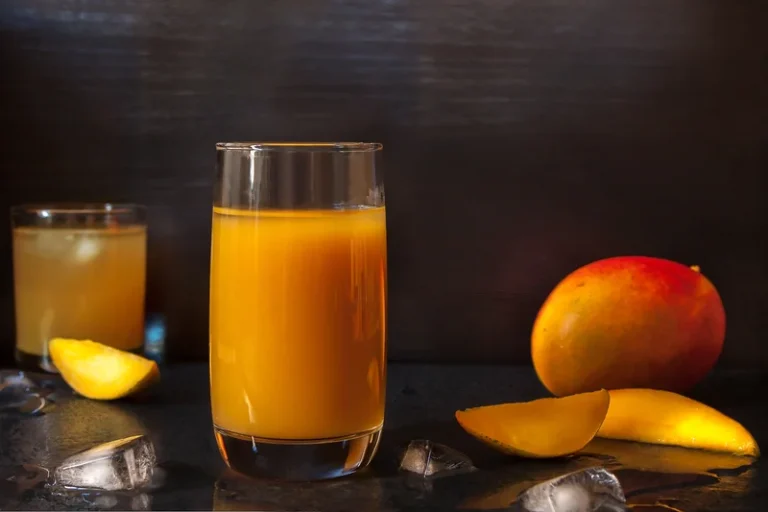
Similarities and Differences: Narcissism and Alcoholism
At Couples Therapy Inc., we work with extraordinarily successful couples. Many of the men we see have concrete reasons to be proud of their accomplishments, and it shows. Closet narcissist husbands are often hyper-sensitive and perhaps less keenly aware of their need to dominate by manipulating others. Nevertheless, the behavior leaves their spouses feeling confused and at fault somehow. Alternatively, you can access support symptoms for each condition separately. By way of example, a person must meet five of nine possible criteria for NPD to be diagnosed, ranging from grandiosity to a lack of empathy.
Is There a Connection Between Alcoholism and Narcissism?
Vulnerable narcissism, on the other hand, emerged as a risk factor for alcohol-related problems. Vulnerable narcissism also contributes to people’s expectation and recognition of alcohol problems. This study highlights the importance of individual differences in alcohol-related outcomes in a high risk population of college students.
- In truth, we all have various kinds of insecurities, but we don’t have to let those insecurities control the way we think about ourselves and the world around us.
- Narcissism and alcoholism may both share similar characteristics and can occur at the same time.
- In other words, grandiose narcissists are more likely to regard the alcohol problems that they may encounter as good.
- 345 college students (28% male, 72% female) from a Midwestern university were recruited from undergraduate psychology courses from April 2015 to October 2016.
- Our results show that while grandiose-fantasy (i.e., desire for special recognition) was negatively linked to IC, devaluing was positively linked to IC.
- In a conflict, a narcissist will turn everything around on you, gaslight, and refuse to apologize or agree to change.
Additionally, 36 participants were excluded from the analysis because they took the survey in less than 600 seconds (10 minutes). The final analysis sample was 345 participants, which represents about 90% of the original 383 participants. Thirteen additional outliers were included but reduced in value to one unit greater than the nearest non-outlying value.42 Variables included in the analyses were relatively normally distributed.
Pathological Narcissism Inventory (PNI).
This reliance on alcohol as a coping mechanism can exacerbate their narcissistic tendencies, leading to a detrimental cycle of reinforcement. A narcissistic personality disorder is a pattern of grandiose beliefs about oneself and arrogant behavior. People suffering from alcoholism may exhibit matching behaviors, as alcohol abuse and narcissistic personality disorder often covert narcissist alcoholic co-occur. Devaluing others is a key component of the vulnerable narcissist character.
Condition Spotlight
In some cases, a covert narcissist may even be better at revenge because they keep their true feelings hidden by suppressing them. A 2018 study examined the link between narcissism and alcohol use based on a survey of 345 college students. It found that narcissism was a predictor of alcohol consumption and alcohol-related problems.
